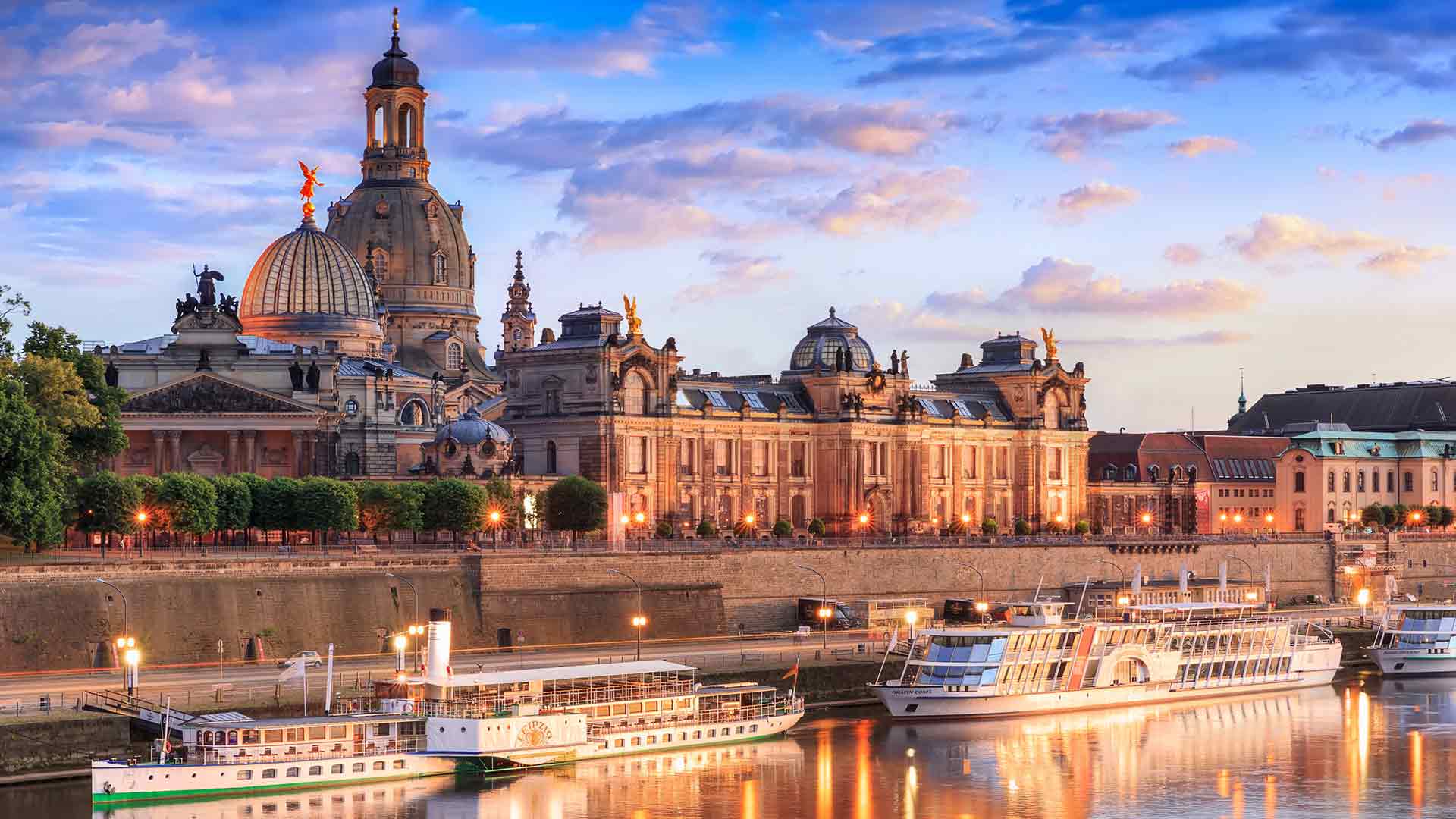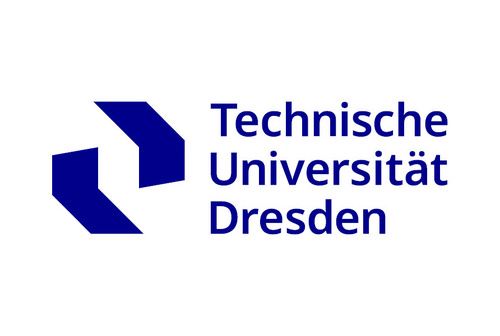NeutralPath
EU project to develop climate-neutral and smart urban districts with a focus on the building sector


EU project to develop climate-neutral and smart urban districts with a focus on the building sector


The European project NeutralPath is part of an extensive research campaign of the EU research program HORIZON with the aim of supporting 100 climate-neutral smarte cities on their way to climate neutrality and to disseminate the successful pioneering projects through knowledge transfer within European initiatives.
The aim of the project is to develop and demonstrate energy-positive, climate-neutral urban districts (PCEDs) with a focus on affordable energy supply as part of the urban heat transition: Decarbonizing the heat supply, expanding the use of renewable energy sources and increasing the energy efficiency of buildings. Electromobility and sector coupling are being addressed as integrated topics.


NeutralPath is developing tangible, sustainable energy supply concepts for the people of Dresden at the Leuben and Pillnitz-Hosterwitz sites, both with and without a connection to the district heating network. The solutions are geared towards the efficient use of local resources and the use of renewable energies, which should also be affordable. The intelligent system design is intended to stabilize the district's CO2 footprint and energy costs.

The gradual decarbonization of the heating network by increasing the proportion of renewable energy sources in the heating network is a decades-long and cost-intensive task. In Leuben, NeutralPath is now taking essential first steps in this direction, with a focus on the hot water supply to reduce system temperatures. In addition, photovoltaic-based tenant electricity models and dynamic tariff models for electromobility are being developed and implemented at the site.

In Pillnitz Hosterwitz, Loschwitz district, NeutralPath is developing a decentralized heat supply system. Through simulation-based planning and optimization for the use of deep geothermal energy and photovoltaics, in combination with heat pumps, the existing buildings and future new buildings will be supplied with electricity and heat cost-effectively and largely renewably throughout the year.

NeutralPath is being implemented as part of the EU mission "100 climate-neutral and smart cities by 2030" (EU cities mission for short). This involves supporting 112 selected "pilot cities" across Europe in developing and implementing innovative paths to GHG neutrality that are supported by urban society. They will continue to serve as examples for other cities in Europe and beyond. The cities selected for this mission will be fully supported by the EU NetZeroCities program led by EIT Climate-KIC, but will not receive direct financial support.


Climate-neutral urban development is a Herculean task and requires the commitment, participation and willingness to invest of all relevant stakeholders in urban society. However, this task also offers a substantial opportunity for innovation to actively participate in the dialog on the design of sustainable building energy generation as well as electromobility in urban districts and sector coupling. In this way, Dresden companies can seize the opportunity to develop new business models, products and services.

At the end of 2024, NeutralPath is still in the midst of implementing concepts such as increasing system efficiency, sector coupling of PV energy and mobility. The project is developing and testing networked energy management and monitoring approaches with the aim of maximizing self-consumption. Against the backdrop of the development of new business areas such as tenant electricity models or dynamic charging tariffs for EV charging stations, marketable systems are being implemented without increasing costs for tenants.

As part of the EU initiative "100 climate-neutral and smart cities by 2030" (EU Urban Mission for short), NeutralPath aims to test ways of generating climate-neutral energy in buildings. The project sees itself as a measure that generates empirical data in favor of the urban heat transition. After the first steps, the project is looking for opportunities for cooperation with stakeholders in the context of replication and scaling. In particular, citizens, companies and interest groups are addressed who want to promote the topics of sustainable neighborhood development, energy cooperatives, building energy supply (heat, electricity), electromobility and sector coupling.

SachsenEnergie AG supplies around 300,000 customers with electricity, gas, district heating and drinking water.

Our mission is to create and maintain affordable housing in the state capital Dresden. With this task, we assume social responsibility.


As energy architects, we stand for a modern, sustainable and efficient energy supply.

The TU Dresden is one of the largest technical universities in Germany. With 17 faculties in five departments, it offers a wide range of 119 degree courses and covers a broad spectrum of research.

This project was funded by the European Union as part of its Horizon2020 research framework program.